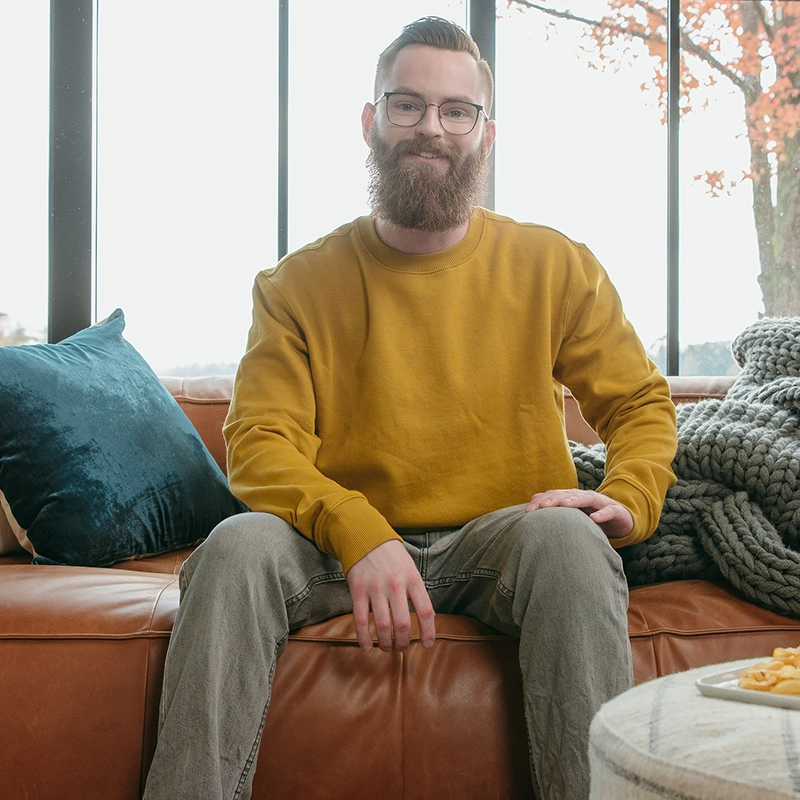Cancer is one of the leading causes of death worldwide. Millions of people are affected every year, with nearly one in three people facing a cancer diagnosis at some point in their lives. Common treatments include chemotherapy and radiation, both of which come with extremely painful side effects. Studies have shown that alternative, holistic treatments can be incredibly effective in alleviating the symptoms of cancer – in some cases eliminating the disease entirely. The most common alternative treatment, and the one to receive the most attention is cannabis.
How cannabis helps cancer patients
Cannabis has been used therapeutically for thousands of years. Multiple studies have shown that cannabinoids – compounds found within the cannabis plant – are incredibly useful in treating both the side effects of cancer treatments and the disease itself.
The main active cannabinoids in cannabis, THC and CBD, interact with receptors in the brain and central nervous system. They work within the endocannabinoid system to help regulate everything from digestion to pain responses.
Cannabis for Cancer
There are currently two FDA-approved drugs that contain synthetic THC that are frequently used to treat nausea and appetite loss in patients receiving chemotherapy, with others under study. In addition to the synthetic forms, countless doctors in states that allow for medical marijuana have prescribed THC or CBD to their patients living with cancer. THC and CBD are both incredibly effective in treating pain, fatigue, and other side effects of cancer and chemotherapy.
Recent studies have shown that THC and CBD actually contain antitumoral properties, meaning they can slow the growth of cancerous tumors and even destroy some cancer cells. Spanish researchers conducted a clinical trial that administered pure THC directly into the tumors of patients with an aggressive form of brain cancer. They found that THC was able to significantly reduce tumor growth in every single patient.
Unlike radiation and chemotherapy, which can sometimes do almost as much harm as good, THC seemed to selectively target and destroy the cancerous cells without affecting the surrounding healthy cells.
Scientists in San Francisco conducted similar research on CBD, the non-psychoactive part of the cannabis plant, and found that it destroyed breast cancer cells by blocking a certain gene that causes rapid cell growth. That same gene is found in most aggressive forms of cancer – making this discovery a massive breakthrough in the development of cancer treatments.
The future of cannabis and cancer research
The United States federal government classifies cannabis as a Schedule 1 drug (meaning It has no acceptable medical value), which makes it difficult to conduct research that proves the benefits of THC and CBD in cancer patients. Fortunately, as of late 2018, 32 states have legalized cannabis for medical use. This makes it much easier for researchers to secure funding, and fully explore the benefits of cannabis as a cancer treatment. As with any medical development, more research is needed, but the idea that THC, CBD, and other cannabinoids can be used as powerful anti-cancer treatments is gaining wide support in the scientific community.
.svg)











.webp)


